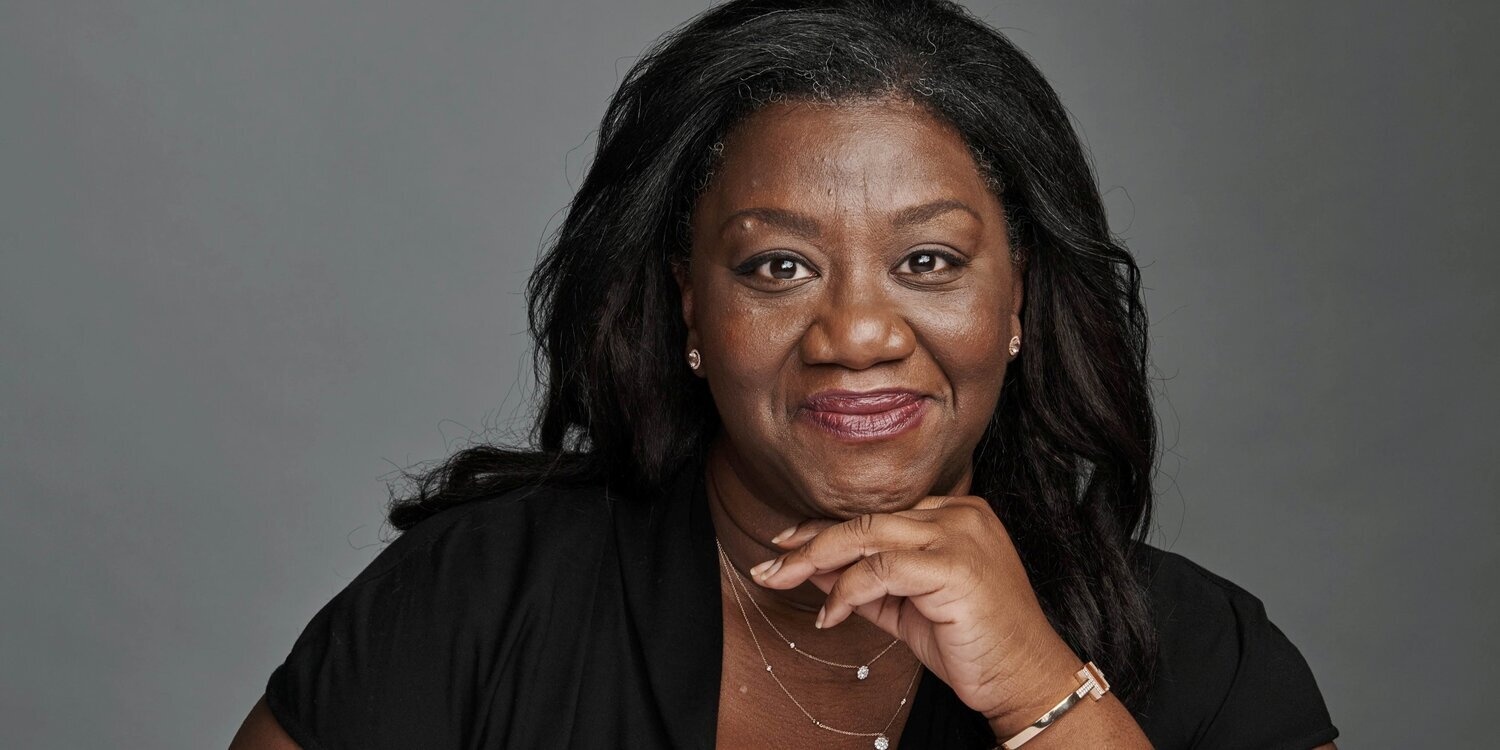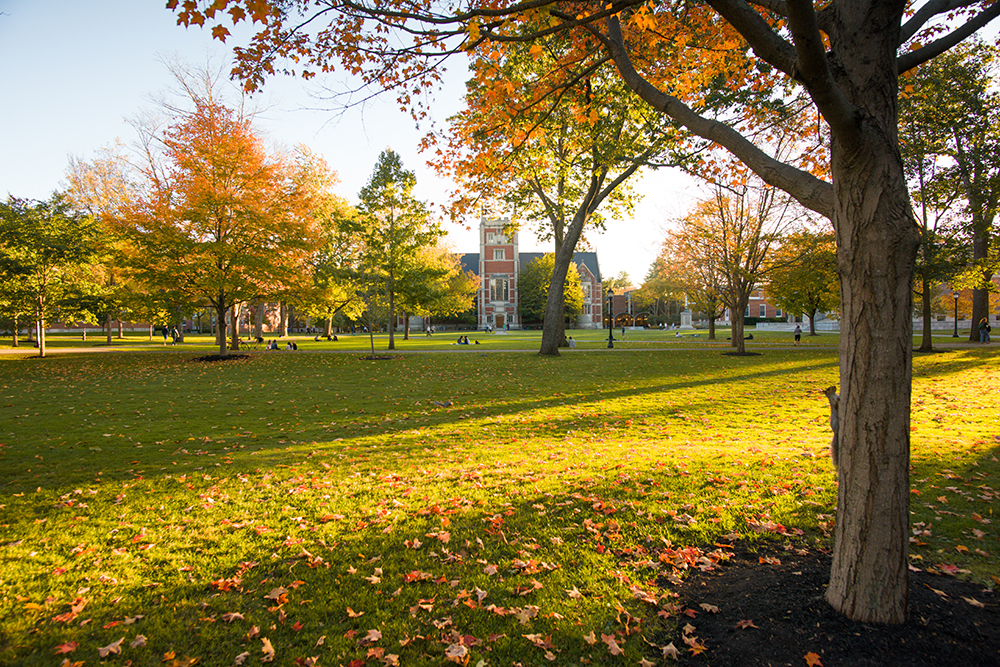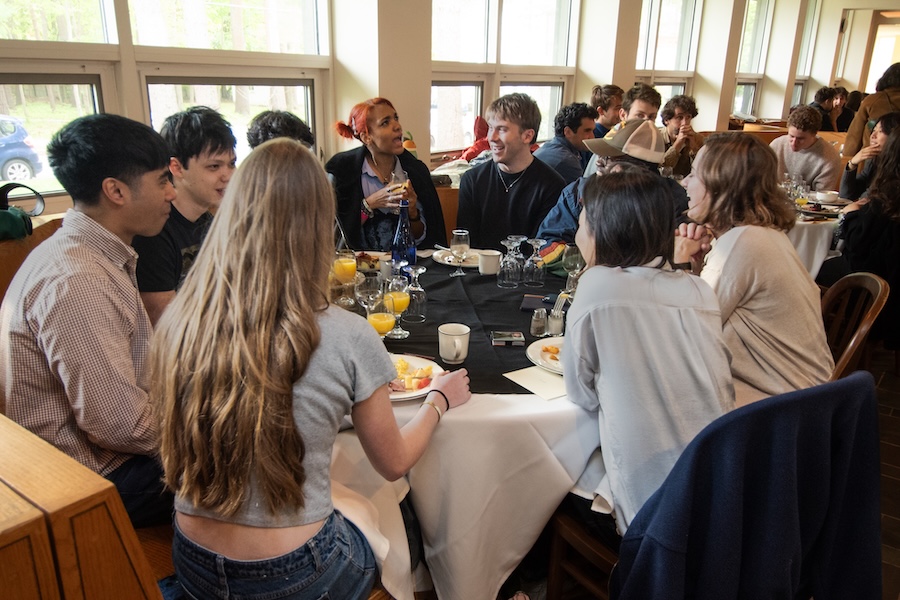Viewpoint Exchange: Yair Rosenberg on Unpacking Antisemitism
By Tom PorterAuthor and commentator Yair Rosenberg, a staff writer for The Atlantic, visited campus to discuss the rise in antisemitism in recent years.
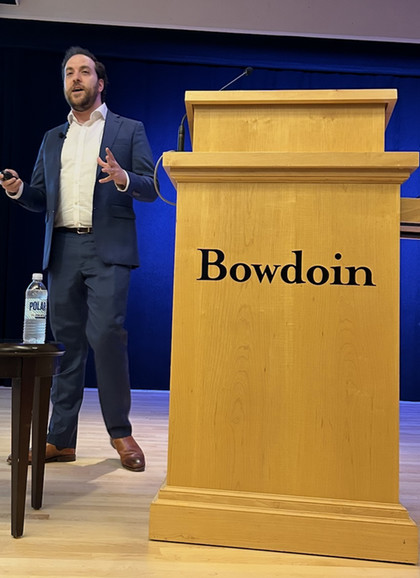
Rosenberg’s talk is part of Viewpoint Exchange, an ongoing series of events hosted by the College and designed to tackle challenging contemporary topics.
In addition to writing for The Atlantic, Rosenberg is also the author of its newsletter Deep Shtetl, about the intersection of politics, culture, and religion.
In his campus talk, The Turn Against the Jews: The Societal Shifts Behind American Antisemitism, Rosenberg said the idea that everything wrong with the world is the fault of the Jews is a belief shared across the political spectrum, uniting, for example, white supremacists and Islamic extremists.
He said that part—though not all—of this stems from the resentment many people feel toward Israel’s foreign policy and the ongoing conflict in Gaza.
Rosenberg said this antipathy has often led to antisemitic tendencies, as many have proved unable to differentiate between Israel and Zionism on the one hand and the Jewish population in general on the other.
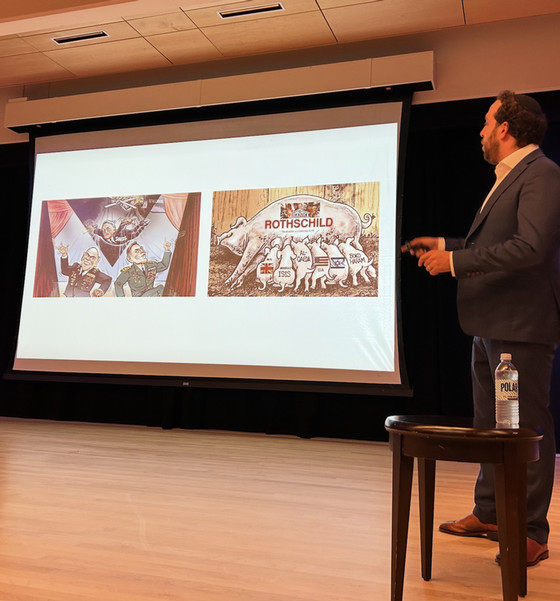
Away from current affairs, said Rosenberg, it’s important to consider how the experience of the Holocaust, in which millions of Jews were murdered by the Nazis, is fading from modern memory.
Antisemitism was widespread in the US before World War II, he explained, pointing to polls taken during the 1930s that suggested a common belief that Jews were responsible for their own persecution. As allied troops deployed to Europe saw evidence of the Holocaust firsthand and bought this knowledge home with them, attitudes toward Jewish people changed, said Rosenberg, and antisemitism became unAmerican. “That memory is dying out,” he observed, “as is the shock of expressing antisemitic views.”
Another trend fueling antisemitism today, said Rosenberg, is the growth of populism, stemming from a belief that the ruling elites are failing at their job when it comes to issues like the economy and foreign policy. While populism can be a “healthy corrective” and play an important role in challenging those in power, it can also lead to conspiracy-related theories that blame a small group of influential people—often Jewish—for everything. This opinion, he added, can be found on both the left and the right.
Rosenberg went on to describe the role that the growth of social media and the decline of traditional media has played in “supercharging” this upsurge in antisemitism. He pointed to surveys showing a vast majority of people preferring to seek their news on social media channels rather than traditional ones. Consequently, he said, they think the information they find on social media is more trustworthy than traditional media, even though social media is much less regulated. “We have migrated public discourse to a method of communication that advantages conspiracy theories.” This is the perfect recipe for antisemitism, added Rosenberg, who in his spare time creates bots that troll social media accounts that he believes include antisemitic content.
Rosenberg’s talk concluded on an optimistic note, however, as he reminded the audience that “trend lines are not finish lines” and that we do have the tools to fight antisemitism.
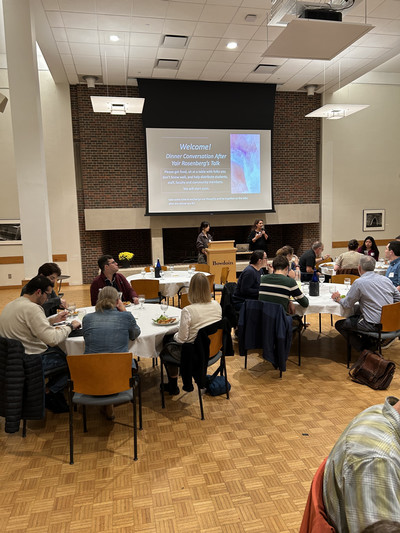
After his address, Rosenberg took questions from the audience before students went on to a communal dinner on campus, during which the conversation about antisemitism was continued. This discussion, which was moderated by the Office of Inclusion and Diversity, gave students and other members of the Bowdoin community the opportunity to reflect on Rosenberg’s message and discuss the issues raised.
Alexis Kim ’26 noted the meaningful exchange of perspectives that took place. “Conversations remained lively even after the formal discussion concluded, and it appeared that there was genuine engagement across groups. We hope that this gathering serves as a thoughtful beginning to the series ahead,” she added.
The next Viewpoint Exchange event is on November 4, 2025, when author, attorney, and director of the Bard Center for the Study of Hate Ken Stern will visit campus to talk about Hate, Memory, Binary Thinking, and the Future of Democracy.
